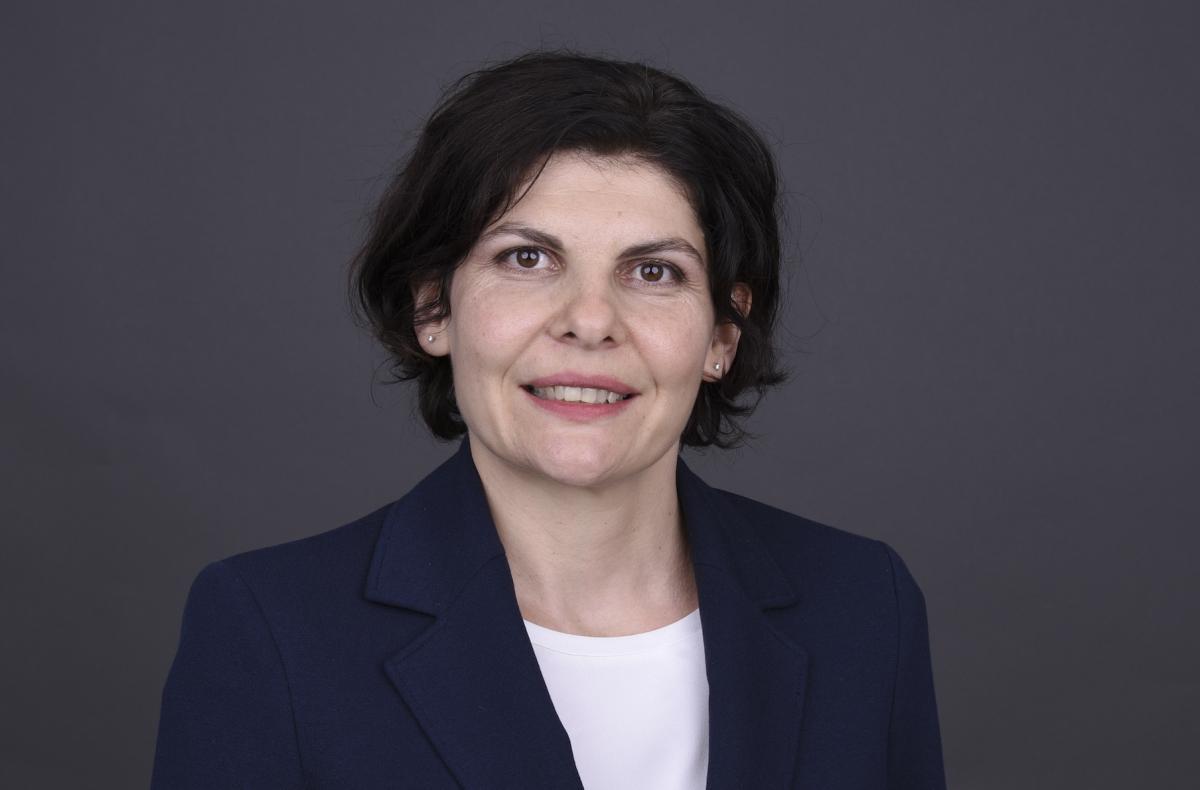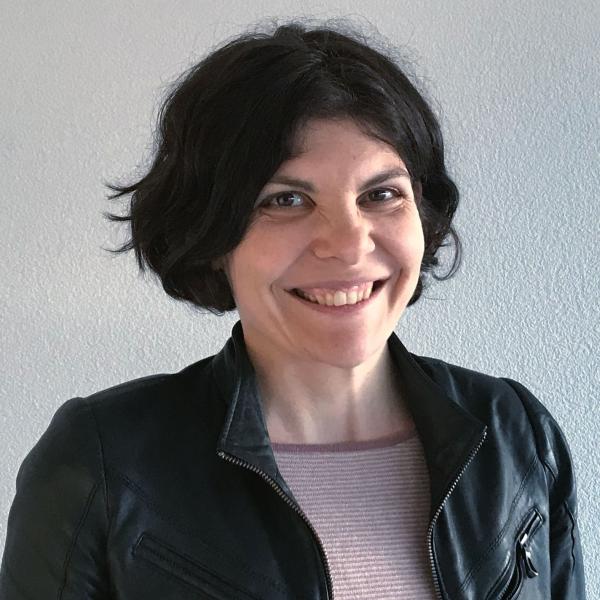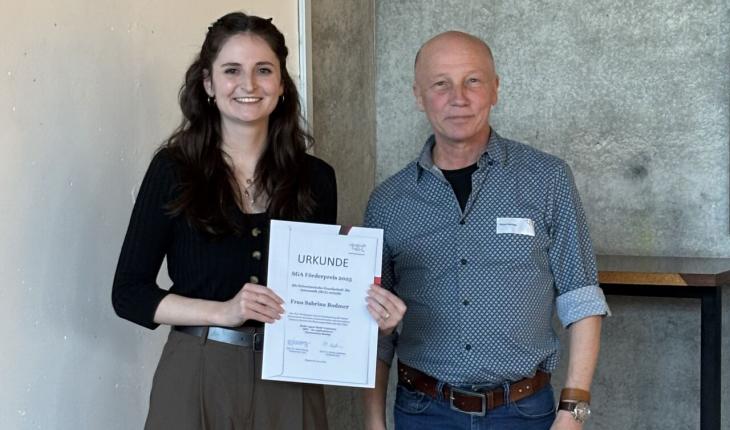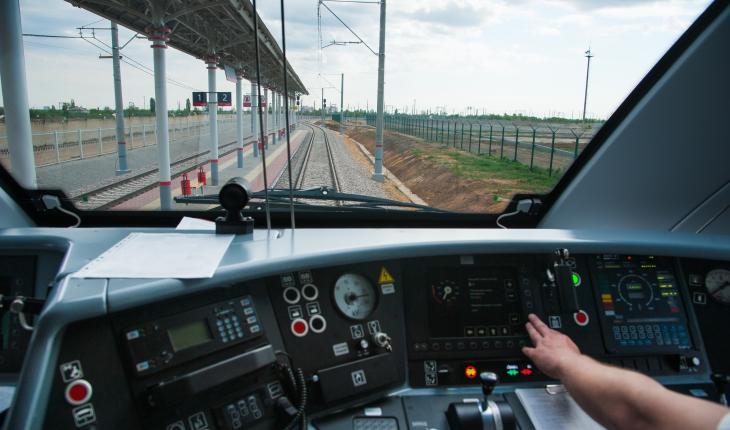#NCCRWomen: Alisa Rupenyan

Why did you choose a scientific career?
The biggest motivation for me in my career has always been to find things that are interesting.
This is why I chose to study physics, and to continue towards a scientific career. I need to do something that keeps me exploring and learning how things work, and then to push it further, to create new methods or functionality from the existing knowledge.
If you weren't a scientist, what would you be?
Being a scientist has so many different elements. One day I am like an executive in a company (e.g. Chief Technology Officer (CTO), Chief Executive Officer (CEO) or another level), and on another day I am working in engineering or industrial research, in technical writing, marketing, consulting, or coordinating large-scale research efforts. It takes a lot of creativity to define interesting problems and figure out solutions. This is why I would probably be an artist or writer if I was not a scientist.
In simple language, explain what you do for your NCCR.
My work involves leading research projects that focus on finding ways to improve the performance of manufacturing systems while also reducing waste and conserving resources. The biggest goal is to take what we learn from constantly updating data from real-world manufacturing systems and to incorporate it into the control of that system. For example, we design algorithms that minimize the position error in high precision motion stages (so making really fine movements very accurate), by monitoring it in real time, and by continuously adapting the corresponding control parameters to make the error as small as possible while maintaining safe operation. Having smaller errors translates to better functionality and less defects in production. Another example is to learn how a system operates and transfer the knowledge to systems which are similar without having to re-learn a detailed model of their operation.
Such approaches help to optimize production, prolong the life of the equipment, and avoid the waste caused by imperfect operation. On a large scale, it makes a difference and is a positive step towards sustainable manufacturing. This contributes to collaborations with other research groups and industry partners and makes my research impactful.
What do you like to do outside the lab?
Whenever it is possible, I like to go hiking and other outdoor activities with my husband and my children. My hobbies are painting, photography and reading fiction books.
What would you like to say to your younger self about a scientific career?
I would say – listen to your intuition and do what you feel is fulfilling and interesting. And then I would congratulate my younger self for the good choice. ©
Is there anything surprising/unexpected about you (professional or personal)?
I explored different options and interfaces between different scientific fields. I studied in a high school with a major in a foreign languages profile, graduated in physics, and worked in laser labs, biology labs, biochemistry and biophysics labs, and in a robotics startup. Now my research is interdisciplinary involving machine learning, control, and robotics, as well as the understanding of various manufacturing processes. This broad experience helps spotting interesting opportunities for research and technology transfer.
What was the best or worst advice you ever got?
Always think critically and know that your teachers could also be wrong. I am not sure if this is the best advice, but it has certainly influenced me.
We are sharing profiles of women researchers within NCCR Automation as part of the #NCCRWomen campaign. You can find out more about the campaign on YouTube, Twitter or Instagram.




